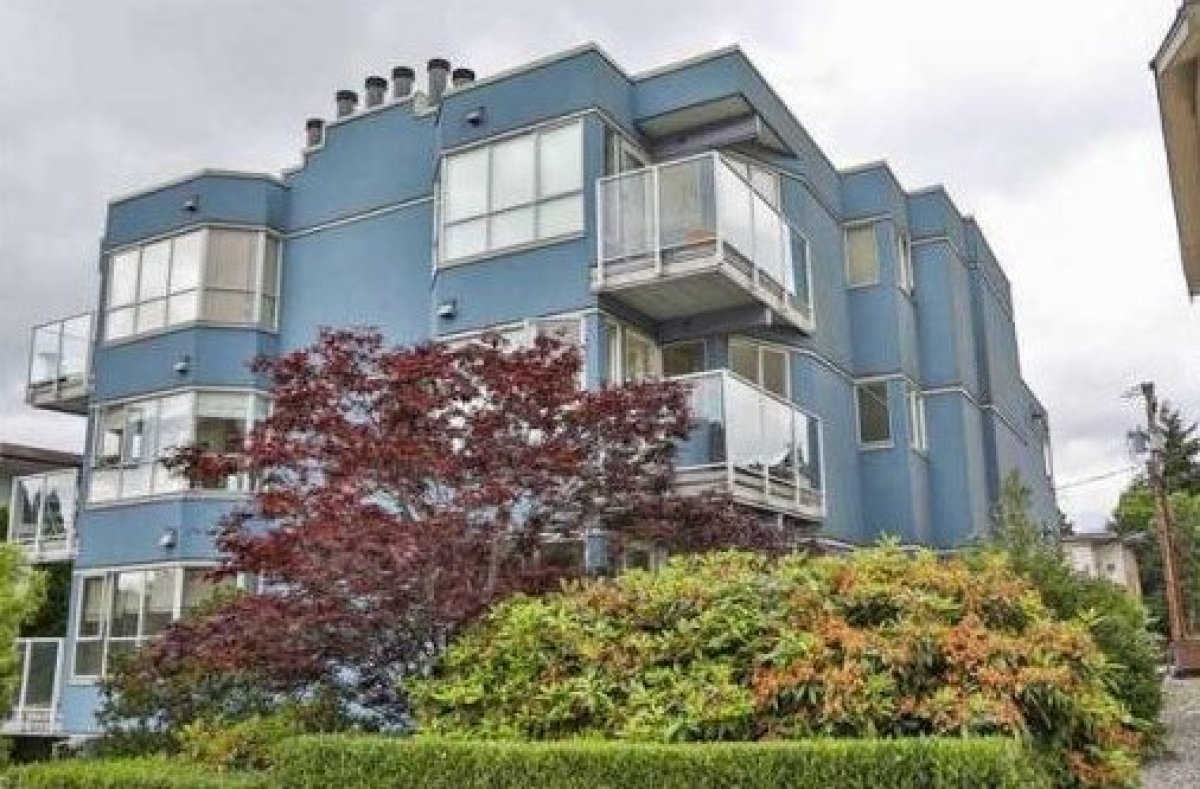Vancouver’s housing bubble is more extreme today than California’s was a few years ago, says one of the U.S.’s most renowned housing market analysts.
Robert Shiller, co-creator of the Case-Shiller Index, which measures U.S. house prices, told BNN late last week that “Vancouver looks like part of California” when it comes to its housing market.
“Canada didn’t have the crash we had in the U.S.,” Shiller said. “It’s just continuing to grow and it’s accumulating into some big price increases. So it’s looking like the bubble is — or at least has been, until recently — still alive in Canada.”
Shiller displayed a chart showing Vancouver house prices, adjusted for inflation, exceeding growth rates seen in San Francisco at the height of its bubble.
“San Francisco is a bubble city that’s talked about as one of the major boom and bust cities in the U.S.,” Shiller said. “They’re no different in Vancouver, in fact it’s worse in Vancouver.”
The Yale University economist said that “Vancouver is San Francisco, lagging by a few years.”
He added: “I have Vancouver doubling (house prices) in 22 years. So that’s even bigger than San Francisco[‘s bubble]. I’ll tell you one thing, I’m not investing in Vancouver real estate.”
What $300,000 Can Buy In B.C. ?
Vancouver – $299,999
Bedrooms : 2
Bathrooms : 1
Floor Space : 765 sqft
Storeys : 1

Low rates help keep home affordability stable: report
BERTRAND MAROTTE The Globe and Mail
Low mortgage rates helped make owning a house largely affordable in the first quarter of 2013 and the risk of a sharp upturn in rates remains low, RBC Economics says in a new report.
Owning a home in the first quarter still took a bigger-than-normal chunk of the average household’s income, but the situation has not worsened since early 2010, according to RBC’s latest Housing Trends and Affordability report.
Housing affordability measures were unchanged in the first quarter of 2013 from the fourth quarter of 2012 in two of three categories RBC tracks: standard two-storey homes and condominium apartments.
For two-storey homes, the index level was 48 per cent, while for condos it stood at 28.1 per cent. The higher the level, the less affordable the home is.
In the third category – detached bungalows – there was a slight rise of 0.3 per cent to 42.5 per cent.
While Canada’s housing market still faces “somewhat higher-than-usual stress,” recent affordability measures don’t suggest that alarm bells should go off or that a “significant nation-wide price correction is imminent.”
But manageable affordability levels may not continue if interest rates rise substantially, says the report by RBC chief economist Craig Wright and senior economist Robert Hogue.
“Exceptionally low mortgage rates have been the main factor preventing affordability from reaching dangerous levels in recent years; yet, we believe that the likelihood of a surge in rates is slim at this stage.”
It’s more likely that low interest rates will go on for the next two years, and when they do rise the increase will be due to a stronger economy that is generating more robust household income gains, says the report.
“This will go some way to offsetting any negative effects on affordability from rising rates.”